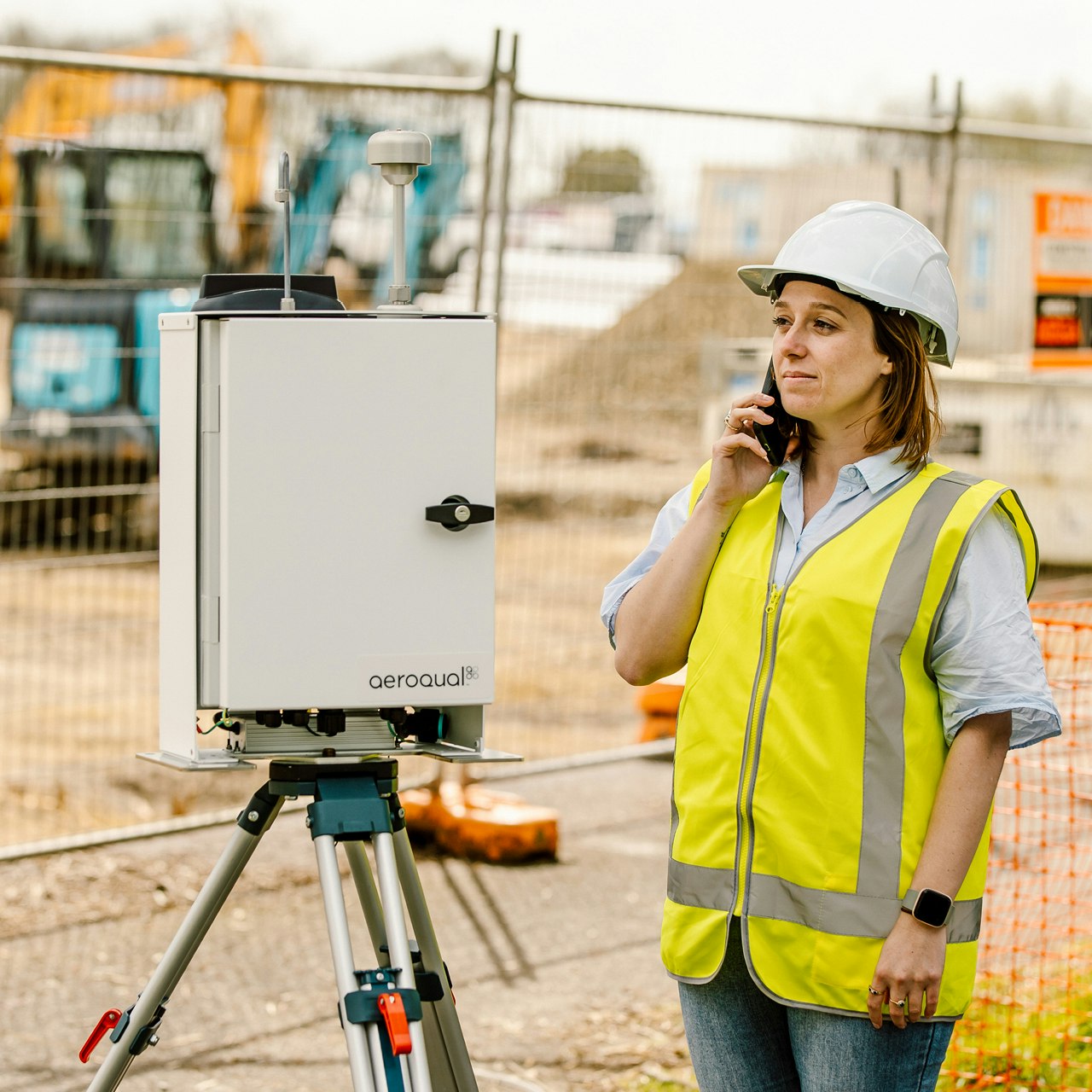Case Study
Real-time air monitoring empowers health improvements during research into biomass stoves & indoor air pollution
Johns Hopkins University used a portable, real-time air monitoring system to study the impacts on pollution of switching from biomass to gas stoves.
Project Details
Project
Johns Hopkins University
Location
Peru
Date
2019
Services
Series 500 portable monitor
Measurements
NO2
Sector
Community
Real-time air monitoring helps empower improvements for household health during research into biomass stoves and household air pollution
One of the world’s leading research universities used a portable, real-time air monitoring system as part of an ongoing study into the impacts of household air pollution when switching from biomass to gas stoves. With the study taking place in rural Peru, the ultra-portability of the system allowed researchers to overcome challenges related to access and power for sampling equipment. Data from this study is helping researchers better understand how our choice of stove affects NO2 concentrations indoors, towards an overall goal of reducing household pollution, improving health outcomes, and saving lives.
Reducing household pollution starts with credible data
Johns Hopkins University (JHU) has the distinction of being America’s first research university and the leader in federal research and development funding every year since 1979. As a global leader in research, The Johns Hopkins Bloomberg School of Public Health, Department of Environmental Health and Engineering is on a quest to discover, disseminate and apply new knowledge critical to understanding and mitigating the impact of natural, built, and social environments on human health.
As part of this mission, JHU recently embarked on a study of household air pollution (HAP) caused by biomass cookstoves – estimated to be responsible for 4.3 million deaths annually. In an effort to reduce HAP and improve public health, a transition from biomass to gas stoves has been proposed. To test this, researchers designed a randomized field intervention trial that would assess the effects of switching to a gas stove on HAP levels and cardiopulmonary outcomes. The study saw half of the kitchens switched to gas stoves, with the rest of the control subjects kept as biomass stoves. In collaboration with the Johns Hopkins School of Medicine and the Universidad Peruana Cayetano Heredia (with other collaborators), the study is taking place in rural areas outside of Puno, in the Altiplano region (3,850 meters ASL) of Peru.
Flexible monitoring system overcomes logistical challenges to help save lives
One of the challenges of conducting air quality research in rural areas is the question of accessibility, both in terms of physically transporting equipment to the site and locating a reliable power source in a remote location. To solve both of these challenges, JHU chose the Aeroqual Series 500 portable monitor, notable for its compact, lightweight design and long-life lithium battery technology.
Researchers measured the concentration of NO2 in each kitchen over a period of 48 hours. Series 500 monitors were placed into birdcages and hung from the ceiling at breathing zone level. JHU specifically chose the Aeroqual portable monitors because of their ability to measure at low NO2 concentrations. Most other monitors are for industrial applications and can only detect higher levels. This allowed researchers to capture more accurate data than might otherwise have been possible with alternative monitoring systems.
While data collection is ongoing, further details about this study are available in this publication. In gaining a better understanding of the relationship between stovetops and HAP, the hope is that individuals, government bodies, and organizations will be more empowered to create positive change in their communities.
“We have had a great experience using the Aeroqual Series 500 monitors for our field sampling of indoor air pollution. The devices have been reliable, durable, and easy for our field workers to use.”
Josiah Kephart
About
Johns Hopkins University is a private research university in Baltimore, Maryland. Founded in 1876, it is America’s first research university and home to nine world-class academic divisions working together as one university.
Aeroqual develops integrated monitoring and software systems underpinned by industry-leading sensor technology to support environmental, health, and safety professionals in protecting people and the planet from the impact of air pollution. That’s why governments, industry, researchers, and consultants trust Aeroqual to deliver actionable data for their air quality monitoring projects.
Related products
Case Studies
Case Study - Occupational Health and Safety
Respiratory Health in the Equine Industry
Case Study - Urban Air Monitoring
Portable Real-Time Monitoring System Used in MailOnline Study of London Indoor Air
Case Study - Urban Air Monitoring
Air Monitoring Helps Swedish Shopping Centres Improve Customer Focus, Health, and Wellbeing
Want to learn more?
If you’d like to know more about this case study, or to discuss your air monitoring requirements, please get in touch.












